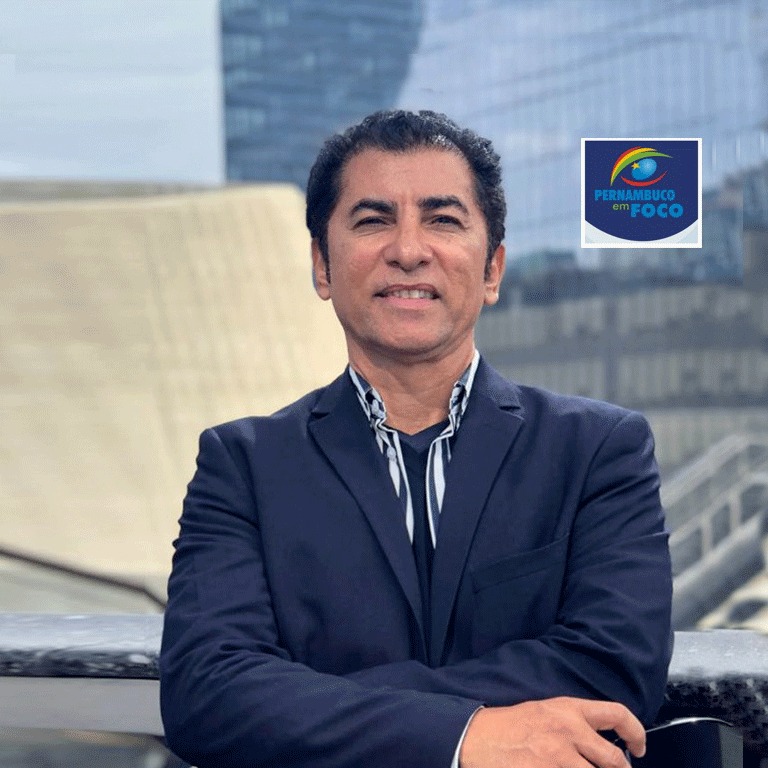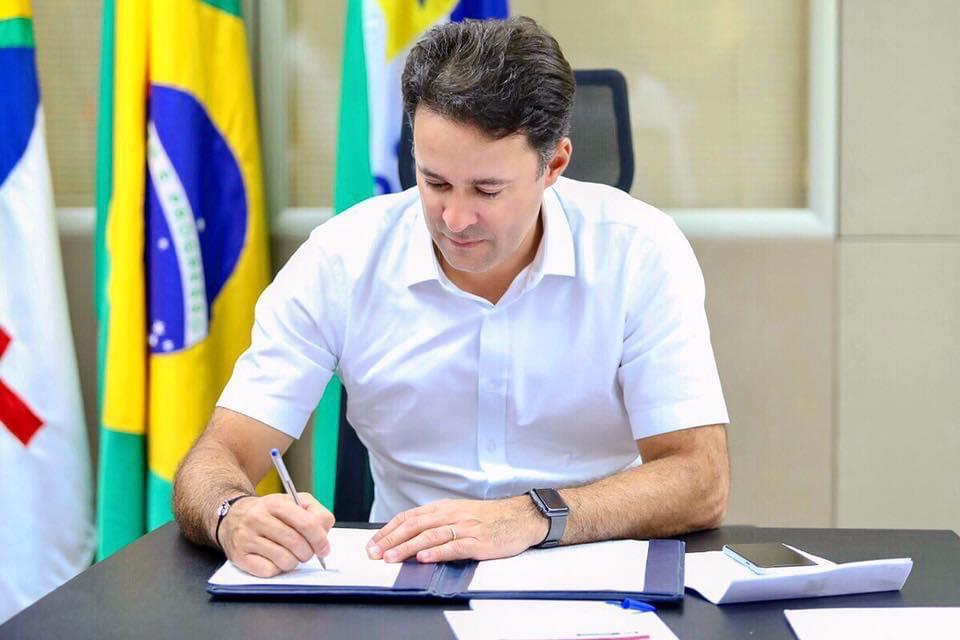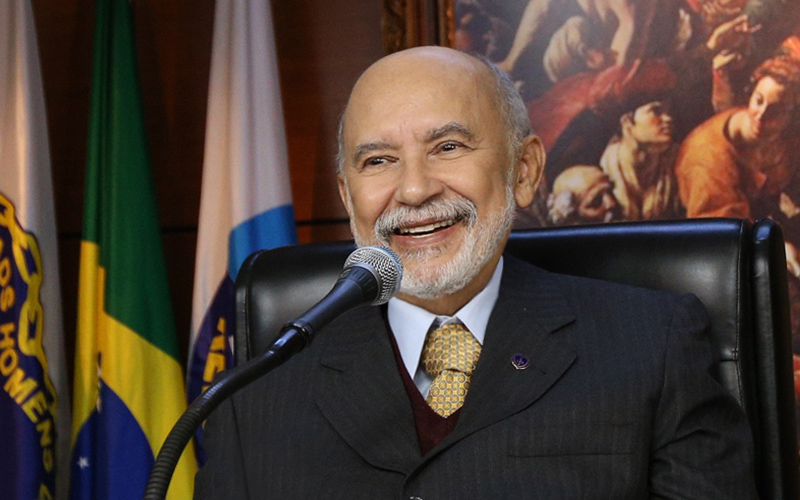From Brasília, Brazil
Series: Corruption during the pandemic! human lives, what does it matter?
At this point in this series of articles, I think it is quite enlightening to look at the social and economic pyramid, before and after the pandemic.
OVERVIEW OF MISERY, POVERTY, AND WEALTH ACCUMULATED, BEFORE THE PANDEMIC
I chose not to take data from Brazilian research institutes so that the reader can be sure that I try, as much as possible, to escape the left, right, or “central” political spectrum. This last one, pretend to be the synthesis of the Dialectics of Greek, but it is not. They simply created another fallacy to deceive voters. Unhappily, it is working for centuries!
By avoiding data from Brazilian Institutes, I want to minor the probability of manipulation. This does not mean that international institutes are absolutely trustworthy and free from political influence, but at least they focus less on the internal dispute for political power in Brazil.
According to the “Credit Suisse Bank and its Global Wealth Report”, which some analysts believe is currently the most extensive source of information on global family wealth, evaluating the wealth accumulated by the richest on the planet; the current economic pyramid descends from the level of the super-rich to the rich, from the rich to the middle class, from middle class to the poor, and, finally, to the “miserable”.
The Credit Suisse report says that the base of the economic pyramid, with assets below USD 10,000, encompasses 2.88 million adults representing 56.6% of the nearly 5 billion adults, with a total wealth of USD 6.3 trillion, representing 1.8% of the total USD$360.6 trillion.
The next group, of people with assets between 10 and 100 thousand dollars, comprises 1.66 billion adults (32.6% of the total), with a wealth of USD 55.7 trillion (representing 15.5% of the total world population). The upper-middle-class group (between 100,000 and 1 million) comprises 499 million adults (9.8% of the total), with total assets of USD$140.2 trillion (38.9% of the total).
For you who read a report like this, and think that this reality in US dollars is far from those who earn in poor currencies in the rest of the world, you need to know that your reasoning is absolutely correct. Anyone who has read my book “Del alarmismo apocalíptico a la resurrección social y económica -Mundo utópico, mundo distópico” (publishw way, 2020) knows that there are collectivities in India and China that live on less than $1 a day.
In this article, I want to make a parallel with another great book: “Les Miserábles”. I don’t know if you read, watched the play, or the movie adapted from the wonderful work of the French writer, Victor Hugo. If you didn’t, let me remind you that this classic from World Literature was written in 1862, and can be summarized like this: the story is set in France and the main character is Jean Valjean. He ate the bread that the devil kneaded it when he was orphaned in his early childhood.
To complete the picture of misery, Jean Valjean is raised by his older sister, who had seven children, and lived in economic misery, a situation that worsens with the death of her husband. In this scenario, Jean Valjean decides to steal food to “help” take care of what is left of his family.
One day, Jean Valjean steals a loaf of bread and is sentenced to five years in prison. The economic misery in which he lived (hence the title “Les Miserábles”), the nonconformity with the injustices imposed by the French State and by the rich classes that had no compassion of the suffering of the poor and miserable, exactly as it happens in our days, pushes Jean Valjean trying to adapt and survive at any cost, including by committing burglary.
Arrested, he tries to escape from prison numerous times, which raises his sentence. He ends up sentenced to 19 years in prison. In fact, the first time he was convicted he was in a STATE OF NEED, that is, he stole a loaf of bread so as not to starve with his sister and seven other nephews.
Legally, He could not have been convicted by a jury because his action was protected by an exceptional legal circumstance that excludes the illicit of the action, even in our time.
This makes me think of the situation in which the billions of the poor and “miserable” of our modern world live.
In our world today we have the same class of miserable people and in even greater numbers than in Jean Valjean’s time. It so happens that the politicians, the super-rich, and the rich of our world have started to be afraid to keep calling that social and economic class of miserable people because this threatens and puts them in shock, and possible confrontation with billions of components of economic poor and miserable classes. So, don’t let yourself be fooled by fallacies! These are mere word games.
That’s why there was a global consensus to stop pronouncing the word “miserable” and to make this adjective impersonal. This is how the world’s economic research institutes started to count this class as if it were an abstract entity and called it extreme poverty.
What a successful trick! Do you realize that when talking about those in ‘extreme poverty, the politicians, the super-rich, and the rich are not referring directly to human beings, but to a condition of all human beings?
Do you realize that by reducing the individuality of a human being, those upper classes are less likely to be identified as the causes of the social and economic unevenness in the world?
To be continued next Saturday.
If you want to understand in depth what corruption with public money is, the causes, consequences, if you want to learn how to profile the corrupt and know who and who are corruption’s allies, and, finally, what are the tools to fight it, purchase the “Encyclopedia Corruption in The World”, by www.judivanvieirabooks.com










